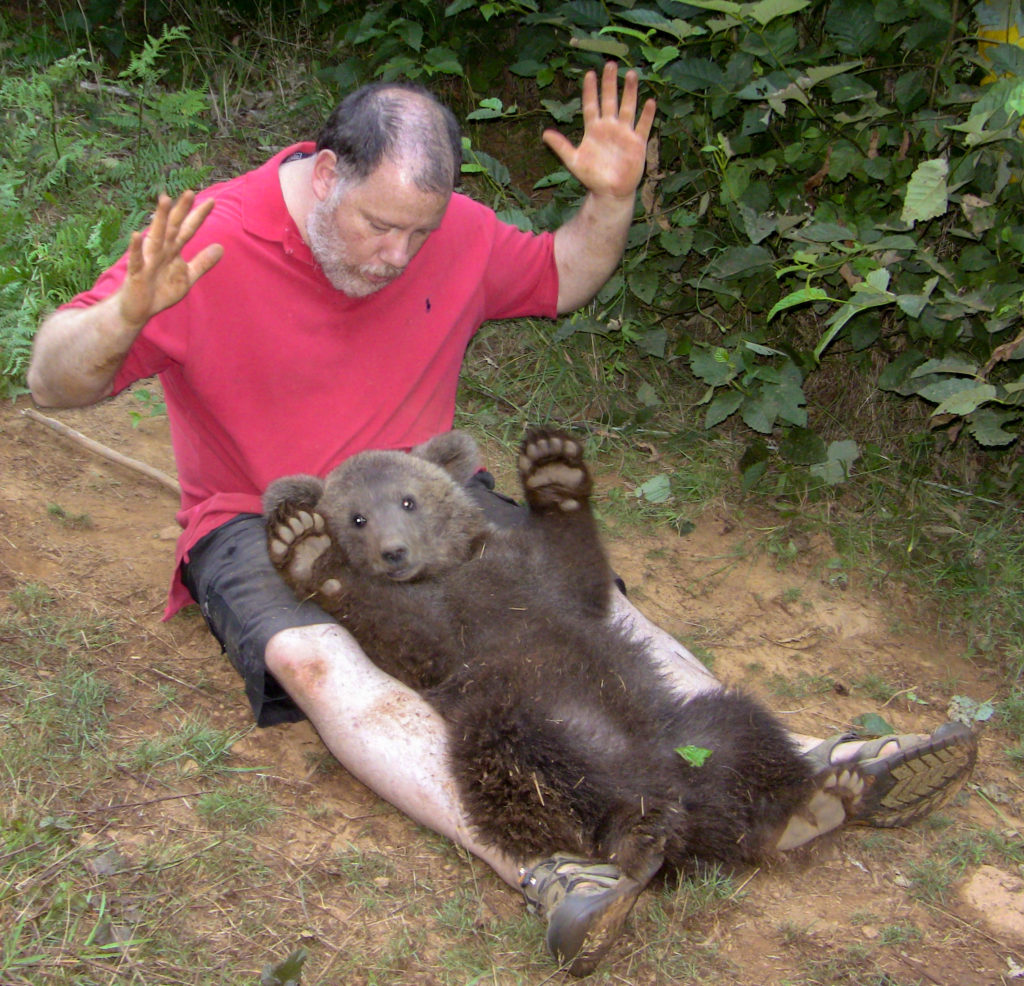Several times recently parents have proudly told me—usually while their child was mauling an animal—that “any animal that survives” their child will be supremely tame. I find this assertion problematic on several levels, most significantly that it mischaracterizes in disturbing ways the process of building trust in an animal. It implies that flooding, through lack of awareness, leads to very tame animals; which, sometimes, can be true, but in most cases those were nice animals that would have been very tame anyway and have gotten through “despite” course handling, not because of it. And often animals handled this way do not become genuinely tame, confident, and trusting; but rather shut down, stressed, and a bit helpless.
I have very little experience with human children, so I will not focus on that side of the equation except to suggest that as a parent I might want to work on my child not overwhelming animals or dragging on leashes or ignoring animal language and emotion—not only can it be quite dangerous for the children and detrimental for the animals, but also I would think one of the best things about having animals around a child would be the opportunity to work on sensitivity, empathy, and thoughtful awareness.
I do have considerable experience working with a huge range of animals, so I can meaningfully share that to me, building trust and rapport with an animal is almost always a supremely subtle process that requires considerable gentleness and incredible awareness. It is about teaching them that they are safe, that they can control their world, that they can play and communicate and set boundaries. There are moments to retreat, moments to reward, moments to soothe, moments to push forward… There are times to make eye contact, times to look away, times to act indifferent, times to be solicitous, times to leave them alone. There are times to model enthusiasm and raise your own energy, and times to create a calm and safe space for the animals. There is body language and tone of voice and precise observation.
I imagine some children are naturally more gifted than others, but virtually all children will need extensive help learning how to safely and effectively interact with animals. Please, do not justify or excuse your child’s heavy-handed behavior by pretending that it is beneficial, but rather talk to them about how to listen and observe and be gentle and kind…

